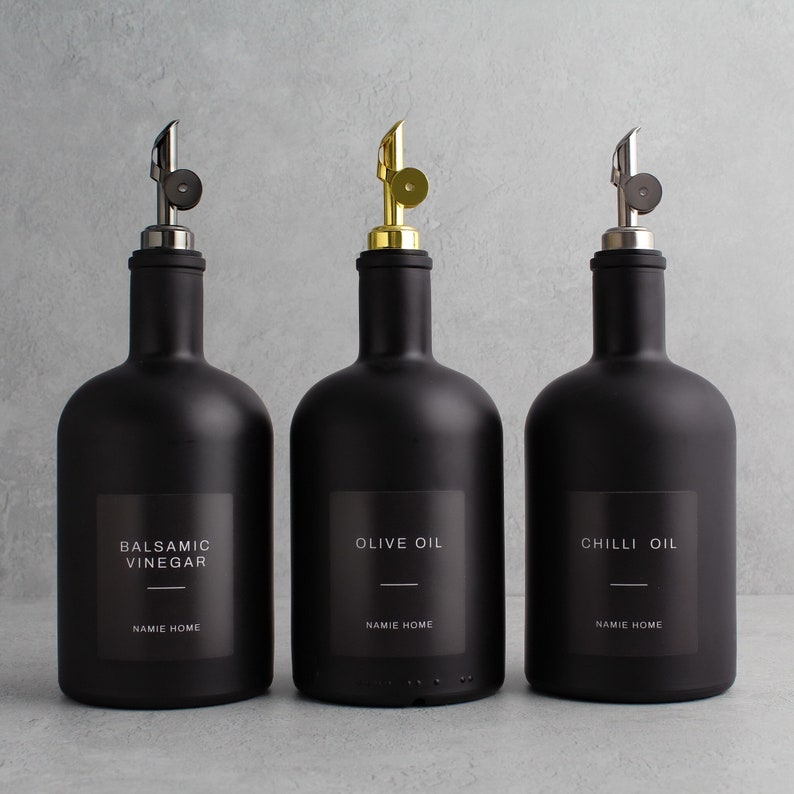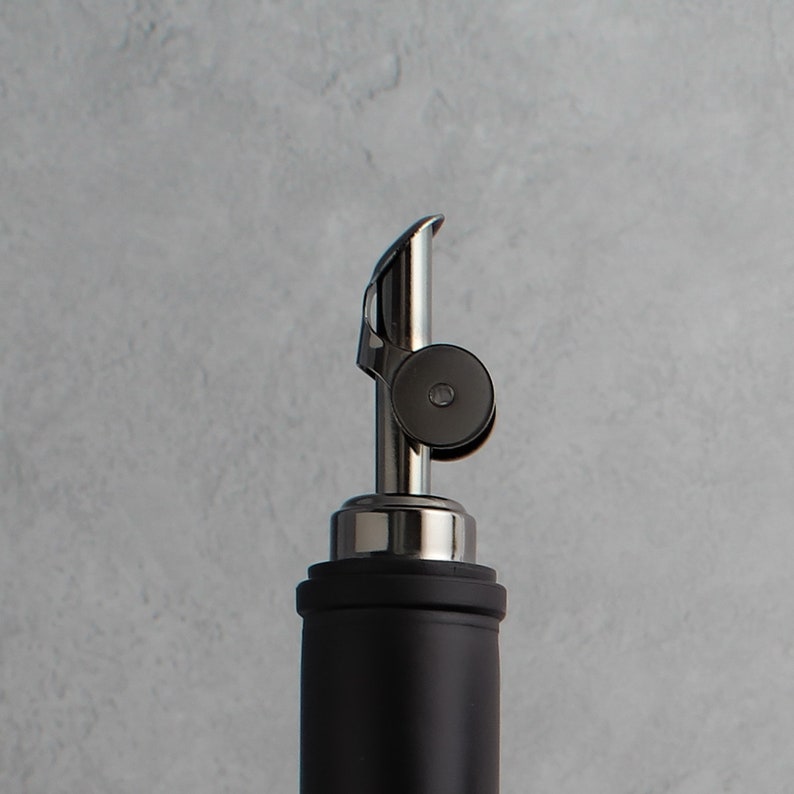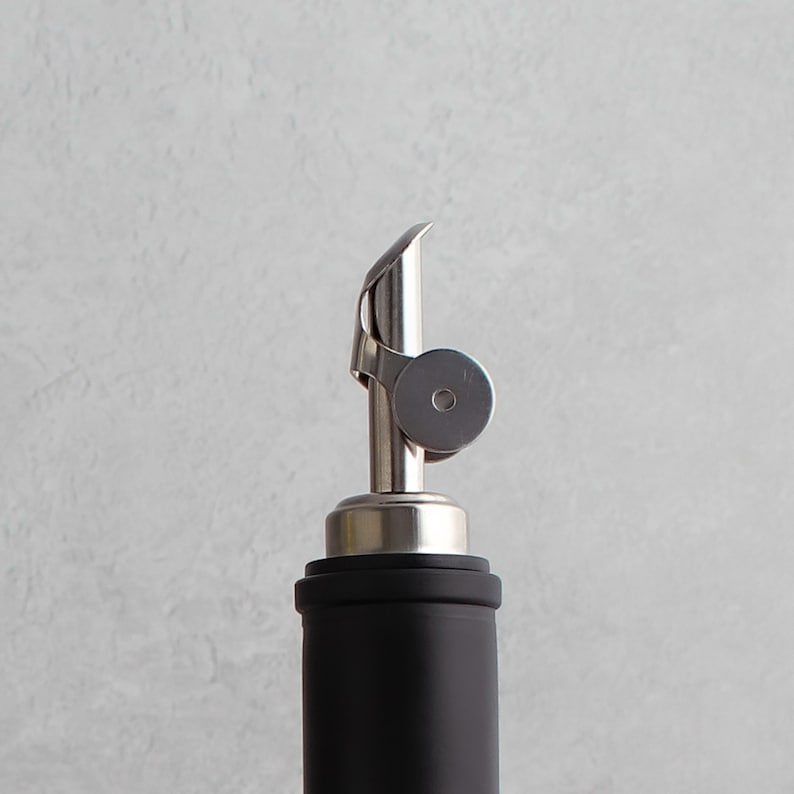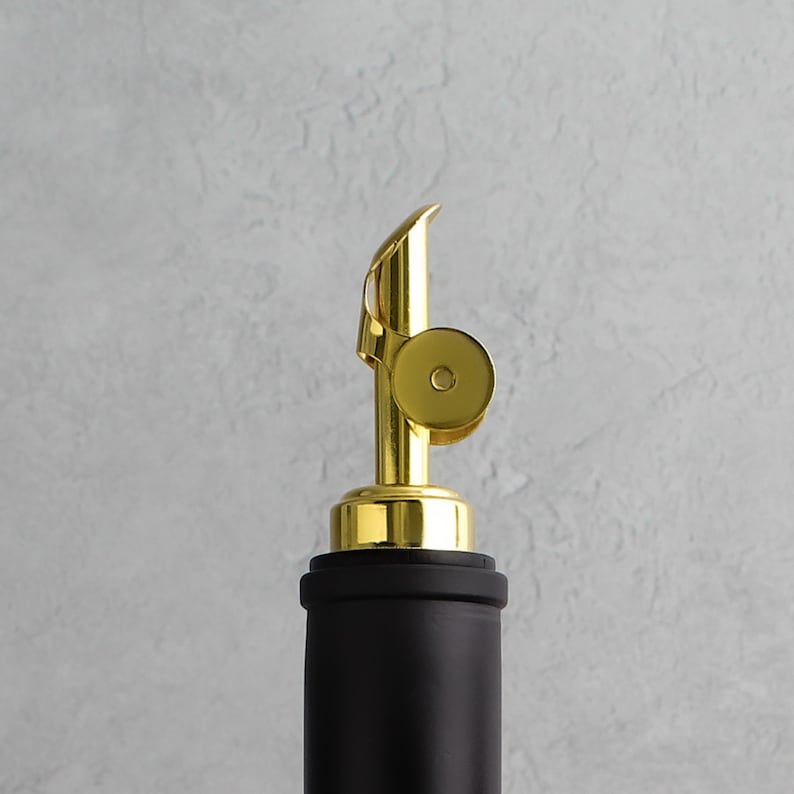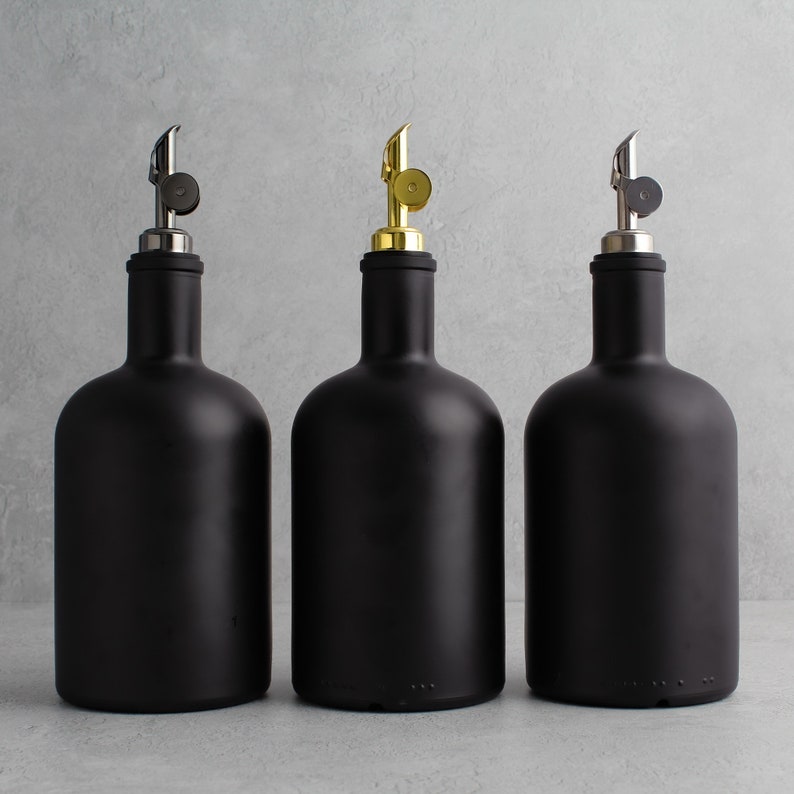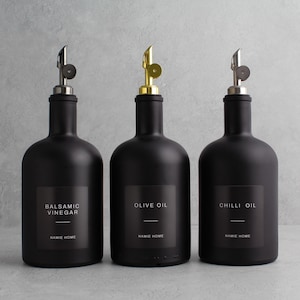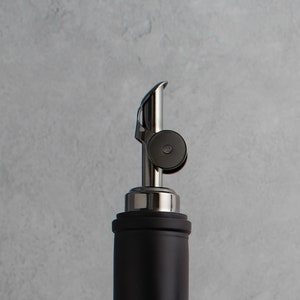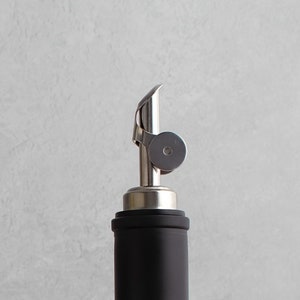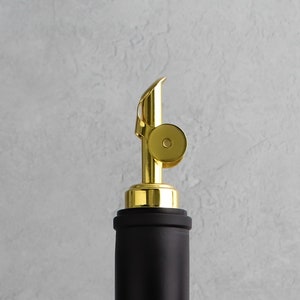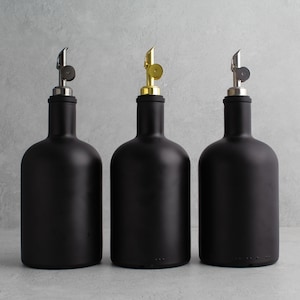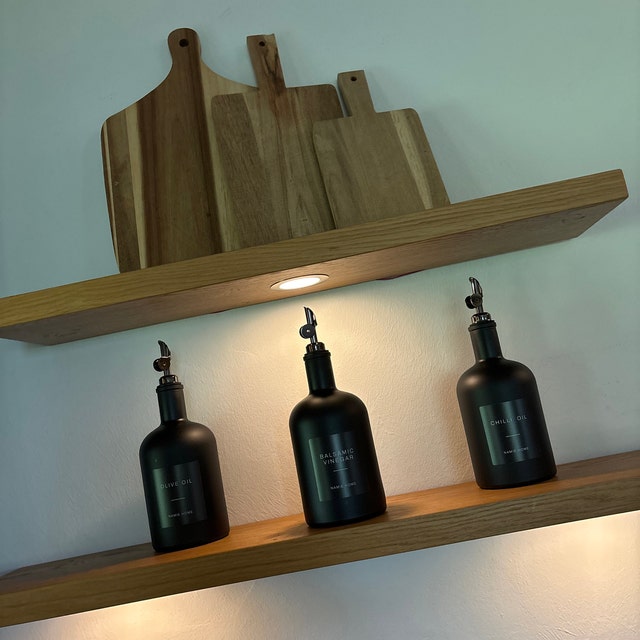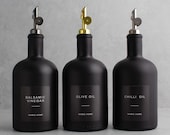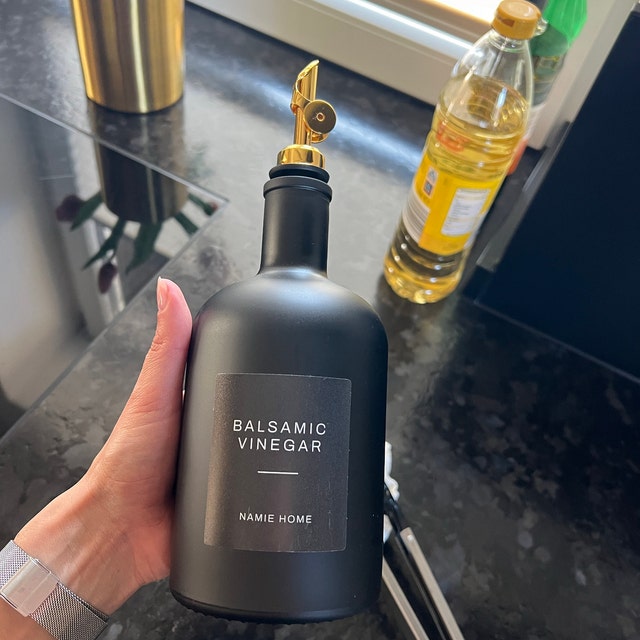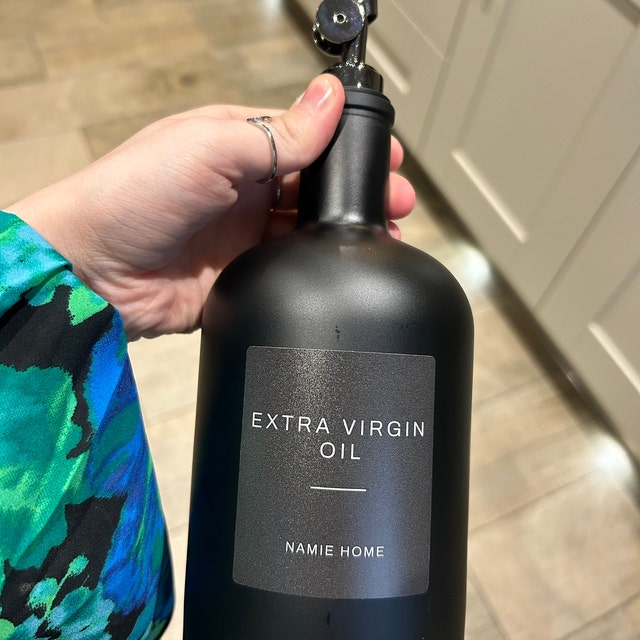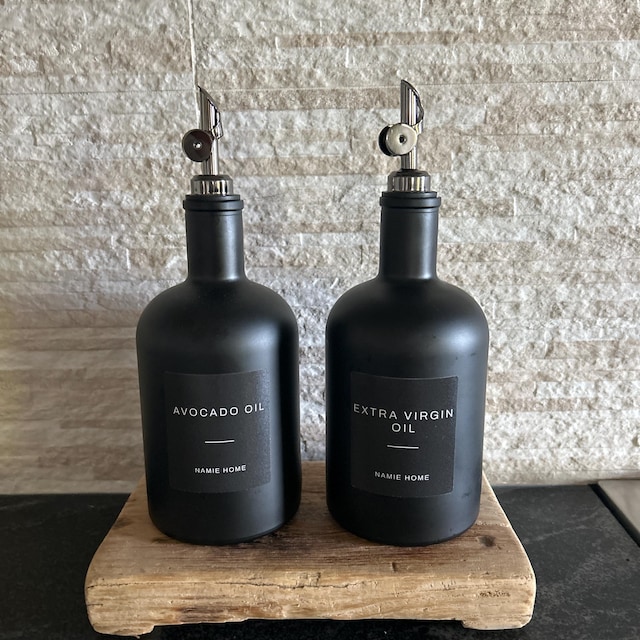In 20+ carts
NowPrice:Rp 10.000
Original Price: Rp 20.000
50% off
Sale ends on February 12
SLOT138 ~ Situs Gacor Slot 138 Server Thailand Link Terpercaya Hari Ini
You can only make an offer when buying a single item
Your order should arrive by this date if you buy today. To calculate an estimated delivery date you can count on, we look at things like the carrier's latest transit times, the seller's processing time and shipping history, and where the order is shipping to and from.
Highlights
-
Order today to get by
Your order should arrive by this date if you buy today. To calculate an estimated delivery date you can count on, we look at things like the carrier's latest transit times, the seller's processing time and shipping history, and where the order is shipping to and from.
-
within 30 days
Buyers are responsible for return shipping costs. If the item is not returned in its original condition, the buyer is responsible for any loss in value.
-
Cost to ship: USD 35.81
-
Ships from: United Kingdom
There was a problem calculating your shipping. Please try again.
Captcha failed to load. Try using a different browser or disabling ad blockers.
This seller usually responds within a few hours.
Speedy replies Has a history of replying to messages quickly.
Rave reviews Average review rating is 4.8 or higher.
